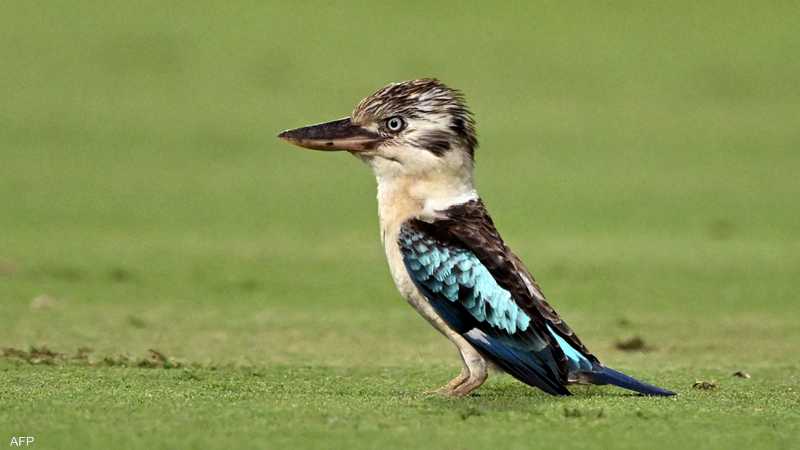Australian Study Reveals: Some Birds Change Sex Due to Mysterious Environmental Factors

Australian scientists observed a high and unexpected rate of sex change in some species of wild birds, a phenomenon that may be linked to pollution or other environmental factors.
The study, published this week in Biology Letters, included five common species in Australia, including kookaburras, magpies, and lorikeets. The results showed that about 6% of these birds carry chromosomes of one sex while possessing reproductive organs of the other.
Dominique Botham, a participant in the research from the University of Sunshine Coast, explained that sex determination in birds is more flexible than previously thought, and that change can occur even after the bird reaches maturity. She noted that most recorded cases involve genetically female birds that developed male reproductive glands, while a case of a genetically male kookaburra capable of laying eggs was documented.
Although sex change is relatively common in some reptiles and fish, it is rare in birds and mammals. The reason behind this phenomenon remains unclear, but researchers suspect it may be linked to the accumulation of chemicals that affect hormones in the natural environment.
Scientists believe that understanding this phenomenon is essential to enhance wildlife conservation efforts and improve the accuracy of environmental studies related to birds.